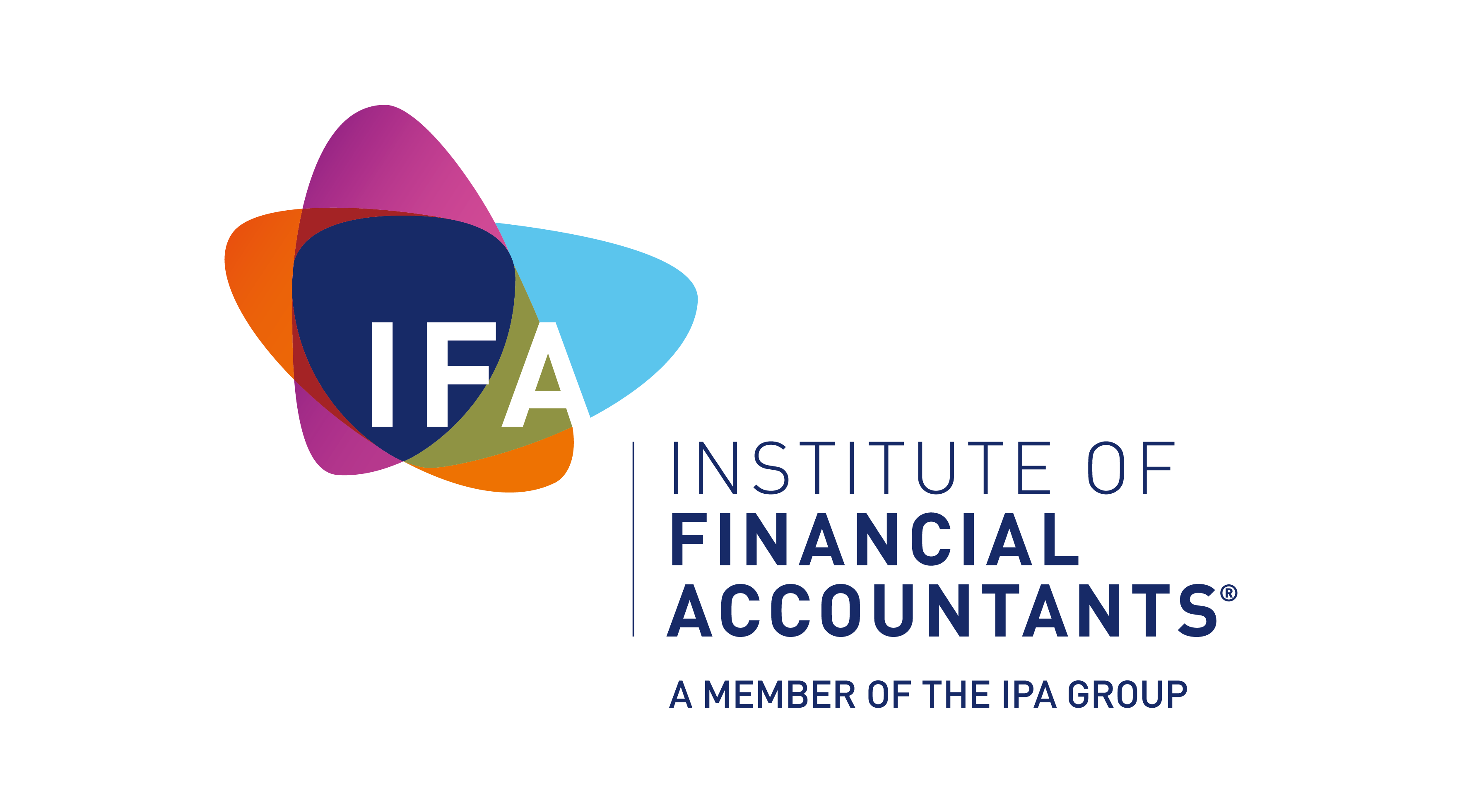Professional Indemnity insurance cover
Professional Indemnity Insurance (PII) cover is compulsory for members who have an IFA practising certificate and are engaged in public practice, regardless of the amount of practice income.
The purpose of the PII is to protect members against claims from their clients in respect of alleged errors in the advice or work that the member has carried out.
Ensuring that all members in public practise are insured reassures the public and speaks for the professionalism of IFA practices. Practising without PII is regarded as a very serious matter.
If you hold a practising certificate but have not engaged in public practise you do not require PII. If this position changes you should inform the IFA membership department immediately as you will then require PII.
Scope of PII
PII provides cover for both legal defence costs and the cost of damages where a claimant alleges an error or omission in the work carried out by the member. PII requires cover to be in force at the point a claim is made and once cover ceases the ability to claim ceases. This is why continuity of cover is a priority for members and why members must consider what is called run off cover if they cease to trade or sell on a practice as a claimant has up to six years to pursue a claim.
Policies will normally back date the cover to what is called a "retro-active date", this is normally the date the first policy for the practice was purchased. The policy will then cover any claim for original errors and omissions that date back to that date.
There are various types of professional indemnity policies available. We would suggest you look for a policy that is:
- On a civil liability basis – this is the most modern and widest form of cover.
- With a limit of indemnity that applies to each and every claim.
- With an excess that only applies to damages paid to a claimant and not to the legal defence costs.
The policy would cover work carried out by the practice or where the member carries out work for charities or other non-profit making bodies where this is done on a “pro bono basis.”
Polices can normally be extended to include other insurances which the practice may require such as public liability, employers' liability and office insurances.
Level of professional indemnity cover
Professional indemnity insurance requirements apply to all members and firms engaged in public practice. Directors, Partners or director, partner, or LLP members in a firm engaged in public practice are responsible for their own work and that of their employees and subcontractors. These responsible individuals must protect their clients, their practice and themselves by having adequate PII cover. The regulations prescribe the terms of the cover for the PII insurance, IFA’s approach to monitoring and supervision in this area and requirements for insurance arrangements for cessation of a practice
IFA members who are not required to have a practicing certificate but are providing accountancy services and those who are providing non-accountancy services, should consider whether they would like to take out professional indemnity insurance or other types of insurance e.g., trustees and directors' indemnity insurance, to protect them against possible legal claims.
A member should consider the fee income derived from a client and the type of client where the implications of an error could be more significant or where the consequences of the work could have much broader implications.
For example, a member carries out work for a client that forms part of a much larger project which is worth many millions. An error is made by the member and the actual direct cost of correcting the mistake is small but the consequences of the error delayed the whole project leading to a claim of many hundreds of thousands. It is important this is considered when a member looks at what limit of indemnity should be purchased.
The vast majority of policies automatically provide cover for the whole range of normal accountancy activities such as preparation of accounts, personal and company tax advice, accounting advice, payroll, and tax returns for individuals or companies operating or based in the UK.
If you undertake specialist work such as for overseas businesses or tax in different territories, or where the work is using schemes to mitigate tax then it is important that this is disclosed to your insurer.
The information required for an IFA member to obtain a quotation is as follows:
- Name and address
- Period in business
- Details of previous claims
- The fee income in the last 12 months of the business
- If there is a current policy inforce then the retro-active date that applies to the current policy
- Confirmation that:
- All business activities are in the UK
- All work is general accountancy
The premium will depend on the level of fees, the previous claims history and limit of cover requested.
The IFA allows members to arrange there insurance with any reputable insurance provider. The IFA has a highly successful partnership with Arthur J Gallagher and a large number of members use this preferred policy. However, members are free to make their own arrangements with other insurers.
